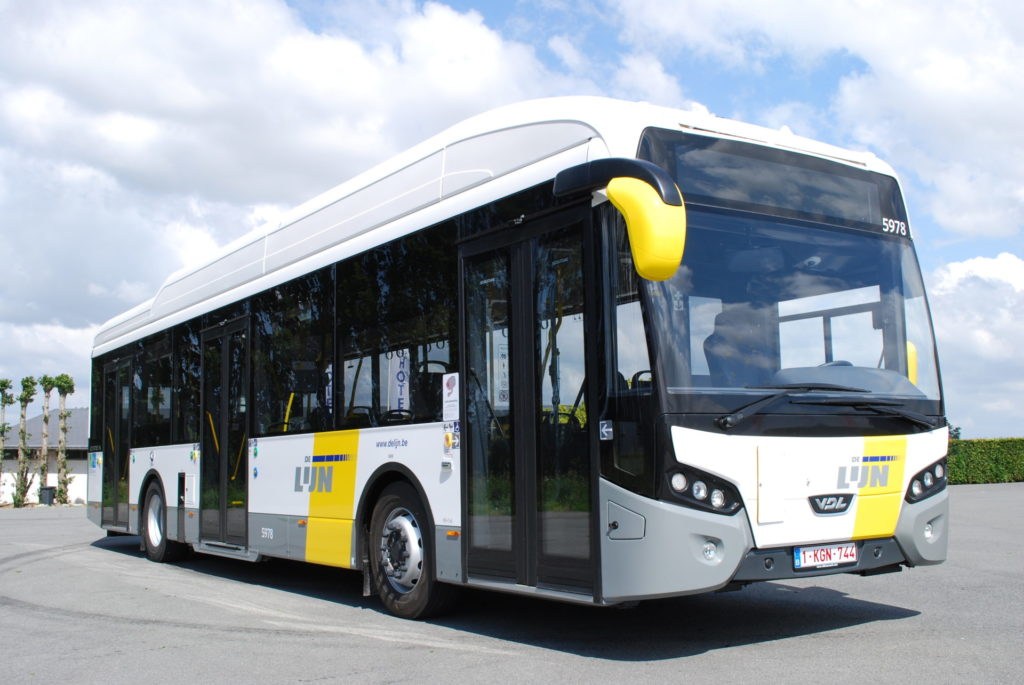Flemish public transport authority De Lijn has suspended an order for 970 new electric buses, De Tijd reports.
The buses were ordered in December last year as part of the authority’s plan to clean up its fleet, which includes buses and trams, as well as the metro system in Antwerp. The order was for 970 buses and accompanying charging infrastructure.
Last week the region’s mobility minister Lydia Peeters (Open VLD) presented the first of six electric buses which will take to the streets of Leuven as a pilot project.
However what was not said at the time was that the authority had put a stop to the order for the rest of the buses back in July, claiming to have ‘new information’.
“Following the preparation of the specifications and the start-up with all stakeholders and third parties involved, it appeared that an optimisation and a change in the set-up of the assignment would be appropriate,” said Karen Van der Sype, spokesperson for De Lijn.
Without giving details, the company said its re-think was based on “technical, operational, financial and strategic” considerations.
De Lijn still intends to relaunch the order, but this time in several lots instead of all 970 at once. That would avoid a situation where one contractor had all of the contract, as well as allowing De Lijn to spread the financial burden.
The intention is still to phase in the buses from 2023, however.
“The theoretical delay of a few months at the start of the tendering process will certainly be recovered in the later phases,” Van der Sype said.
But the clock is ticking. The governing accord of the Jambon government holds that De Lijn will be able by 2025 to service town centres using only emission-free vehicles.
That covers the 13 central cities (Aalst, Antwerp, Bruges, Genk, Ghent, Hasselt, Kortrijk, Leuven, Mechelen, Ostend, Roeselare, Sint-Niklaas and Turnhout) and the towns of the Flemish periphery of Brussels.
A question mark also hangs over the matter of how the Flemish government is to pay the bill, currently standing at €1.148 billion, including €540 million for charging infrastructure and changes to bus depots.
Peeters will be faced with the first instalment of the bill next year.
Alan Hope
The Brussels Times

